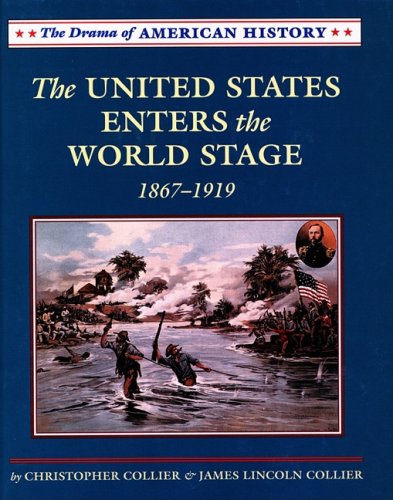
She finds herself responsible for the logistics of death, such as the funeral planning and ordering death certificates.

A minor with no known living relatives, Tiger becomes a ward of the state of Arizona, sharing foster homes with kids who have been abused and abandoned. Sixteen-year-old Tiger Tolliver’s struggles are relatively minor-she’s stuck in secondhand threads and lusts after her biology partner-until her overprotective but loving mother unexpectedly dies.įor more than 200 pages, readers endure with Tiger the two weeks that follow her mother’s death. A fine supplement for textbooks on the Civil War, capable of provoking exciting discussions and insights. The text offers controversial viewpoints without intrusive moralizing. Through close focus on the characters, the reader can see clearly the thoughtless destructiveness of Johnny's prejudices and the gradual understanding he achieves as he gets to know Cush. They reveal differing ideas about the causes of the war and various interpretations of the Constitution regarding states' rights. The Colliers examine the lives of ordinary Americans during a national crisis, exploring issues of morality and ethics through the actions, thoughts, and conversations of minor characters playing small parts in the final days of the war. Despite the doubts and prejudices of both, friendship and trust develop and each risks his life for the other. In an attack by Union soldiers he is captured, to his deep disgust, by a black soldier, Private Cush Turner. Within days, Johnny impulsively succumbs to anger and honor, joining a supply train bound for besieged Richmond.

Before dying of a wound, Pa extracts from Johnny a promise not to become involved in the Civil War and to care for the farm and family.


 0 kommentar(er)
0 kommentar(er)
